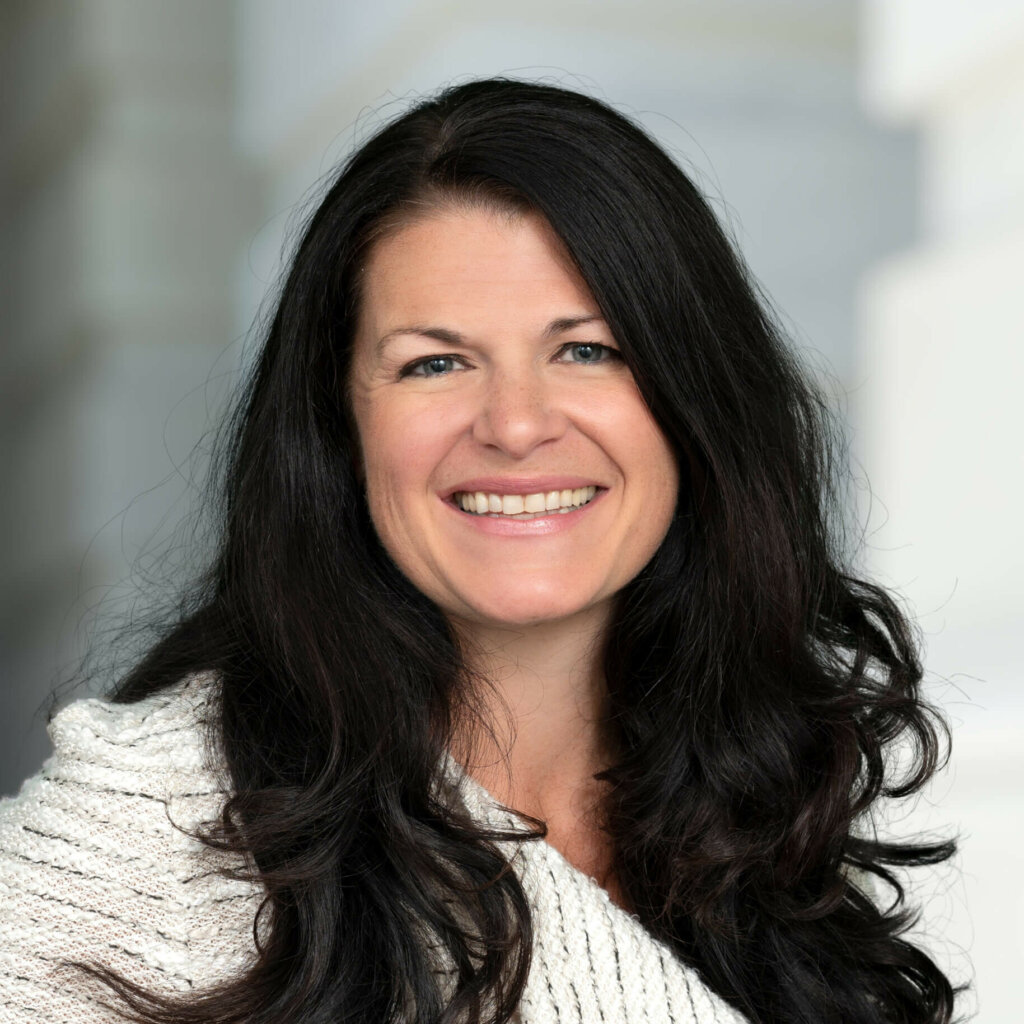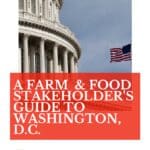A New Era of Trade Policy
August 2022

A message from Cassandra Kuball, Vice President, Michael Torrey Associates
FACT: With more than 95 percent of the world’s population and 80 percent of the world’s purchasing power outside of the United States, the future of the food and agriculture industry will heavily depend on U.S. engagement with international partners.
With each new Administration there is often a shift in how the U.S. approaches trade policy. In the Office of the U.S. Trade Representative’s 2022 Trade Policy Agenda we get a glimpse of where the current Administration is looking to put stronger emphasis on, including areas of workers’ rights, promotion of sustainable environmental practices, and bolstering supply chain resiliency. The agenda also shared the Administration’s efforts to re-align the U.S.-China trade relationship, their commitment to vigorously enforcing our trade agreements and engaging with key trading partners and multilateral institutions.
One of the key areas of interest for the U.S. food and agriculture community is re-engagement in the Indo-Pacific region which accounts for around 40 percent of the world’s gross domestic product. In May 2022, President Joe Biden launched the Indo-Pacific Economic Framework for Prosperity (IPEF) with 12 initial partners to “enable the United States and our allies to decide on rules of the road that ensure American workers, small businesses, and ranchers can compete in the Indo-Pacific.”
What is the Indo-Pacific Economic Framework for Prosperity (IPEF)?
The IPEF intends to provide a framework for trading partners to establish commitments that will deepen their economic engagement in the Indo-Pacific region. The framework is focused on four pillars:
- Connected Economy: Engage with trade partners in areas of the digital economy, labor, environment, transparency and good regulatory practices, competition policy, and agriculture (led by USTR).
- Resilient Economy: Focus on building supply chain commitments to help anticipate and prevent disruptions (led by Department of Commerce, or DOC).
- Clean Economy: Pursue “first-of-their-kind” commitments on infrastructure, clean energy, and decarbonization issues (led by DOC).
- Fair Economy: Seek commitments to enact and enforce effective tax and anti-corruption issues (led by DOC).
What countries are taking part?
Currently, 13 countries have joined the talks with the United States: Australia, Brunei, Fiji, India, Indonesia, Japan, Malaysia, New Zealand, the Philippines, Singapore, South Korea, Thailand, and Vietnam.
Is the IPEF a free trade agreement?
While the framework includes many elements similar to that of a traditional free trade agreement (FTA), the approach and anticipated outcomes are expected to be different. For example, neither market access nor tariff reductions will be part of the talks.
Where are we in the process?
Since the launch in May, participating countries have been working to establish the parameters of negotiations and consulting with their respective domestic stakeholders. According to media reports, the U.S. is planning a September 8-9 ministerial to mark the launch of the official IPEF negotiations. The ministerial is expected to include the release of joint statements that will outline the areas the framework’s four pillars will cover, as well as which countries will take part in each pillar.
What will it mean for U.S. food and agriculture?
All four pillars will be important for U.S. food and agriculture, but much of the focus for the industry will be on the trade pillar (Pillar I). While the trade pillar will not include market access, USTR has emphasized that it is looking to seek commitments on “science-based decision making and the adoption of sound, transparent regulatory practices.”
As we near the launch of the official negotiations, it is critical for U.S. food and agriculture organizations to remain diligent in sharing their priorities for the Indo-Pacific region with our policymakers. For more information on how your organization can engage in the IPEF process, contact Team Torrey.
About the Author: Cassandra has over 15 years of working in food and agriculture trade policy. Cassandra has helped lead successful coalitions on behalf of the U.S. food and agriculture community, including the U.S. Food & Agriculture Dialogue for Trade through the renegotiation of NAFTA. Cassandra serves as an advisor on the Agricultural Technical Advisory Committee for Trade in Animals & Animal Products and is the co-chair of the Ag, Energy & Environment Program Section for Women in International Trade (WIIT).
Farm & Food Stakeholder’s Guide to Washington DC
Farm Bill Trade Edition

DYK – the Farm Bill includes provisions in support of bolstering U.S. food and agriculture trade?
Check out our latest edition of the Farm & Food Stakeholder’s Guide where we provide a breakdown of the trade-focused provisions included under Title III in the 2018 Farm Bill.
New MTA Policy Team Members
The summer has been busy for Team Torrey. Join us in welcoming our new policy team members!
- Katie Naessens came aboard as a vice president after serving for nearly a decade as professional staff on the U.S. Senate Committee on Agriculture, Nutrition and Forestry under Senator Debbie Stabenow.
- Ashley Willits joined MTA as a manager of government affairs. Prior to MTA, Ashley was the associate director of policy communications at the National Cattlemen’s Beef Association.
- Caroline Snell, the latest addition to the MTA policy team, serves as policy coordinator. Caroline was previously an intern for MTA and is currently pursuing her Master of Public Policy degree from American University.
